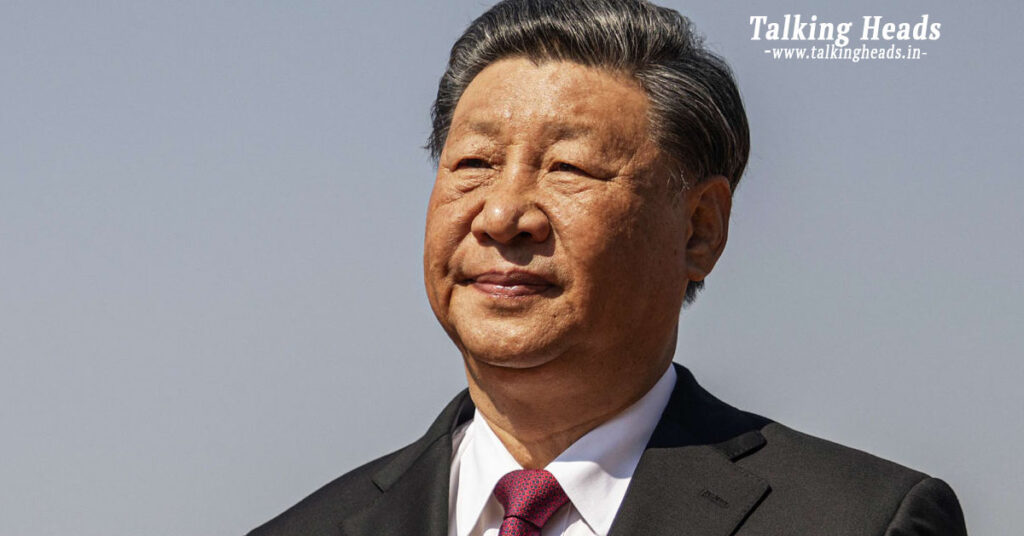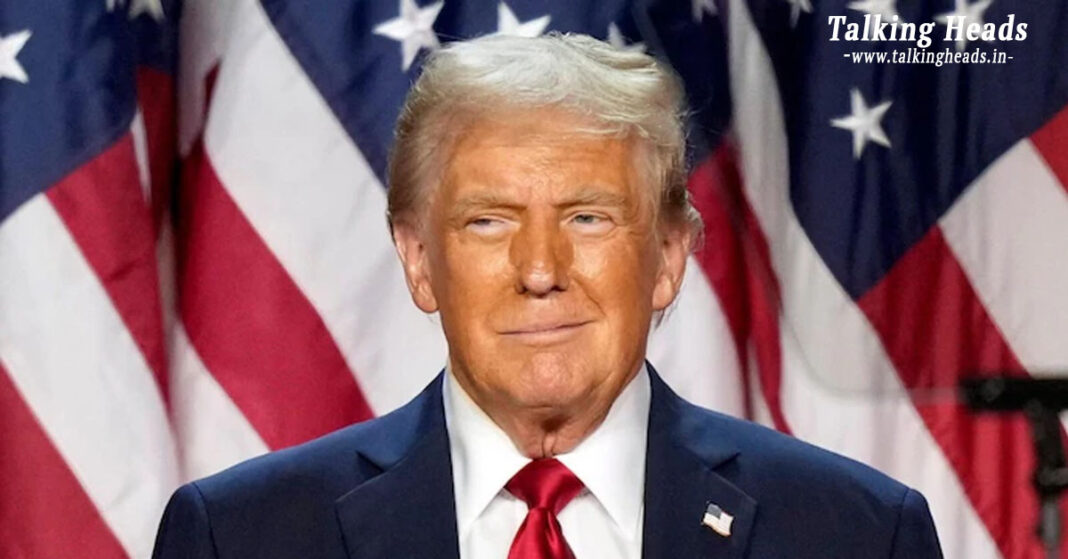U.S. Tech Firms Breathe Easier as Trump Removes Tariffs on Smartphones and Electronics
Reciprocal Tariffs : In a surprising move amid escalating trade tensions, U.S. President Donald Trump announced the removal of reciprocal tariffs on several tech-related imports, including smartphones, computers, semiconductors, and solar panels. The decision, issued on Saturday, offers significant relief to major American technology companies such as Apple, which rely heavily on Chinese manufacturing.
The announcement follows the U.S. Customs and Border Protection’s (CBP) recent imposition of one of the steepest tariff hikes in a century—145% on select Chinese goods. Now, with the rollback in place for crucial tech components, the U.S. electronics industry has been granted much-needed breathing space.
Reciprocal Tariffs : Key Tech Products Exempted from 145% Tariffs
According to a CBP notification, the exemption applies to a wide range of products previously targeted under the 145% tariff increase. This includes smartphones, electronic equipment, semiconductors, solar cells, flat-panel displays, flash drives, and memory cards.
These products are integral to the production pipelines of leading American tech giants, and their exemption could help stabilize both pricing and supply chain logistics in the short term.
Table of Contents
Apple Stands to Gain the Most
Apple Inc. is among the biggest beneficiaries of the revised tariff policy. With nearly 90% of its iPhones manufactured in China, the company was at risk of facing up to $700 in import taxes on every $1,000 iPhone sold in the U.S.

Industry experts had raised concerns that the additional tariffs would lead to significant price hikes for American consumers and potentially disrupt the availability of electronic goods. The rollback, therefore, marks a strategic win for Apple and similar firms who manufacture abroad but sell domestically.
Semiconductors and Solar Products Also Spared
The CBP clarification also noted that semiconductors are excluded from both the 10% baseline tariff levied on most trade partners and the additional 125% previously placed on Chinese imports. This exception is particularly notable, given that semiconductors are the backbone of modern electronics—from consumer gadgets to military equipment.
Solar cell manufacturers also received a boost, as their components are now free from heavy-duty tariffs, promoting cleaner energy initiatives and helping solar companies maintain competitiveness.
China-U.S. Trade Tensions Escalate with Tit-for-Tat Tariffs
Earlier this month, on April 10, the Trump administration raised tariffs on Chinese imports to 145% in response to China’s 84% tariffs on U.S. goods. This move was immediately countered by Beijing, which imposed a retaliatory 125% tariff on American exports.

Despite the sharp rhetoric and economic brinkmanship, the U.S. did attempt to strike a more balanced trade policy with other countries. A baseline 10% tariff was uniformly applied to imports from over 75 nations, including India, positioning China as the primary target in the ongoing trade conflict.
China Vows to Keep Fighting: “We Will Never Bow Down”
China, refusing to back down, has declared its intention to continue resisting what it calls American pressure. Chinese Foreign Ministry spokesperson Mao Ning recently issued strong statements on social media, reaffirming China’s resolve to fight back against U.S. tariffs. One widely shared image depicted American consumers still choosing Chinese products despite price increases—an attempt to highlight China’s continued importance in the global manufacturing chain.
Impact on Global Supply Chains and U.S. Consumers
Industry analysts believe the decision to ease tariffs on tech goods could help stabilize global supply chains, many of which have been severely impacted by the tariff war. The tech industry, heavily reliant on Chinese assembly lines, had warned that aggressive tariff policies could lead to production delays, reduced margins, and increased costs passed on to consumers.
Now, with the removal of steep tariffs on critical electronics and components, manufacturers can breathe a sigh of relief—at least temporarily.










